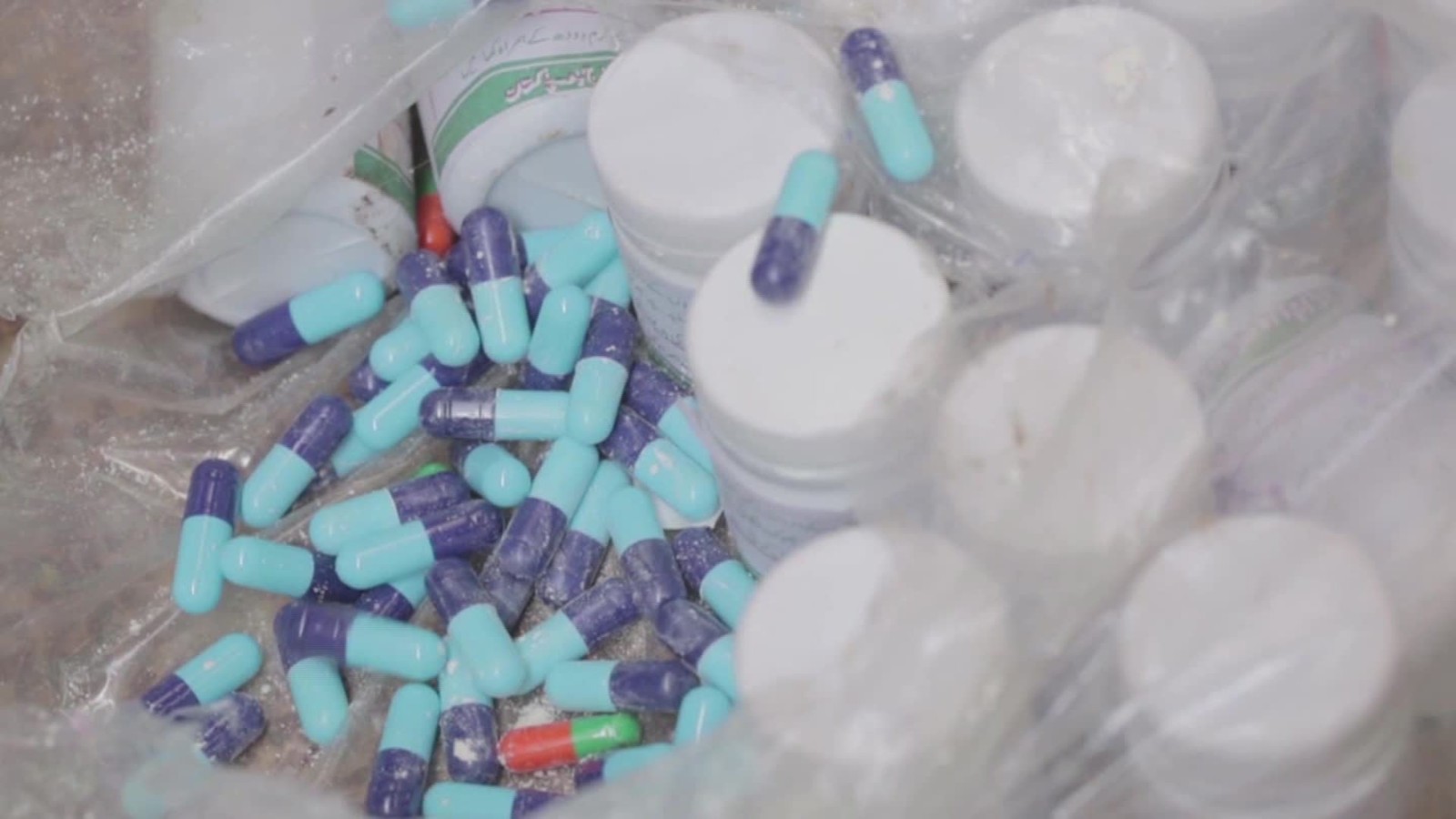The Dangerous Business of Knock-Off Meds: Unveiling the World of Fake Medicine
In today's global marketplace, the issue of knock-off medication and fake medicine has become a growing concern, presenting a significant threat to public health and safety. The allure of cheaper alternatives to authentic pharmaceuticals often leads individuals to unwittingly purchase products that are not only ineffective but also potentially harmful. This underground industry operates in the shadows, taking advantage of unsuspecting consumers who may not be aware of the risks associated with counterfeit drugs. Unveiling Sukhi Ghuman of fake medicine sheds light on the dangers lurking within the pharmaceutical landscape, urging vigilance and caution when it comes to seeking treatment for various ailments.
Impact of Knock-Off Meds
Fake medicines can pose serious health risks to unsuspecting consumers who believe they are receiving genuine treatment. With inaccurate dosages, substandard ingredients, or even harmful substances, knock-off medications can lead to adverse effects and treatment failures.
In addition to the physical harm they can cause, fake medicines also undermine trust in the healthcare system. Patients who unknowingly take counterfeit drugs may lose faith in medical professionals and are less likely to seek legitimate treatment when needed.

The economic impact of knock-off meds extends beyond individual health concerns. Counterfeit medications can lead to increased healthcare costs due to ineffective treatments, prolonged illnesses, and the need for additional medical interventions to address issues caused by fake drugs.
Challenges in Detecting Fake Medicine
Identifying counterfeit drugs poses significant challenges due to their increasingly sophisticated production and packaging methods. These fake medications are often crafted to closely resemble genuine products, making visual inspection alone insufficient for detection.
Moreover, the global nature of the pharmaceutical supply chain complicates efforts to track and verify the authenticity of medicines. With drugs moving through various countries and passing through multiple hands, it becomes challenging to ensure their integrity throughout the distribution process.
Technological advancements, while aiding in the detection of counterfeit medicines, also present challenges as counterfeiters adapt and utilize sophisticated techniques to mimic authentic packaging and labeling. Efforts to stay ahead of these deceptive practices require continual innovation and collaboration across industries and regulatory bodies.
Combatting the Fake Medicine Industry
To effectively combat the dangerous proliferation of knock-off medication, strong regulatory measures must be implemented. Governments around the world need to prioritize the enforcement of stringent laws and penalties against those involved in the production and distribution of fake medicines. Additionally, cooperation between law enforcement agencies, health authorities, and international organizations is crucial in conducting thorough investigations and shutting down illicit operations.
Public awareness campaigns play a vital role in educating consumers about the risks associated with fake medicine. By increasing awareness about the dangers of counterfeit drugs, individuals can make informed decisions and avoid falling victim to counterfeit medication scams. Providing resources for reporting suspicious products can also empower the public to actively participate in the fight against the fake medicine industry, ultimately contributing to a safer healthcare landscape for everyone.
Collaboration with pharmaceutical companies and technology experts is essential in developing innovative solutions to track and authenticate genuine medications. Leveraging advancements in blockchain technology, serialization, and tamper-evident packaging can help in ensuring the integrity of the pharmaceutical supply chain. By embracing these cutting-edge tools, stakeholders can work together to enhance transparency and traceability, making it more difficult for counterfeiters to infiltrate the market with dangerous knock-off medication.